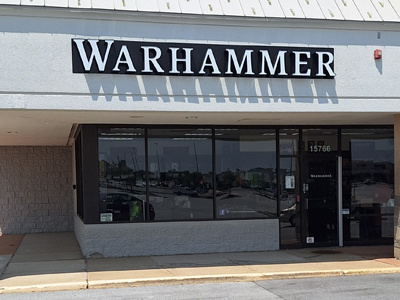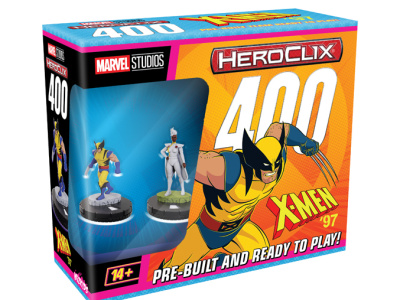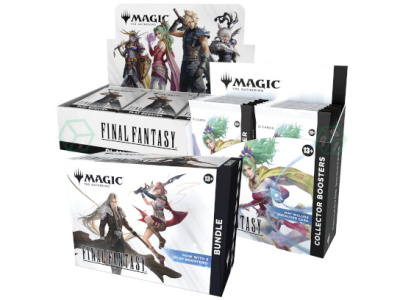 Rolling for Initiative is a weekly column by Scott Thorne, PhD, owner of Castle Perilous Games & Books in Carbondale, Illinois and instructor in marketing at Southeast Missouri State University. This week, Thorne looks at the promotion required of new game titles.
Rolling for Initiative is a weekly column by Scott Thorne, PhD, owner of Castle Perilous Games & Books in Carbondale, Illinois and instructor in marketing at Southeast Missouri State University. This week, Thorne looks at the promotion required of new game titles.I received an email from Matt Forbeck, forwarded from ICv2 regarding last week's column on Osprey Books:
"I enjoyed Scott Thorne's column on Osprey Publishing today. You might also want to mention that Osprey owns Angry Robot, a genre fiction imprint run by Marc Gascoigne, formerly of both Games Workshop and its Black Library division. Marc's work with Angry Robot won him a World Fantasy Award in 2011, and the company's poised to reach even greater heights this year.
Among its offerings, Angry Robot publishes many novels by game designers, comic book writers, and tie-in writers that should be familiar to your readers: Dan Abnett, Chris Roberson, Gav Thorpe, Paul S. Kemp, J. Robert King, Tim Waggoner, Chuck Wendig, and even me. Your readers should definitely check the line out."
We stock a few books from the Angry Robot line, so thanks for reminding me that Osprey is further diversifying their product lines to respond to changes in the market.
We had a publisher call this week touting their board game (which they did get points for as we have very few publishers calling the store, without a call first from us, to discuss their product lines). We talked about how the game played, number of components and quality and MSRP but the conversation came to a full stop when I asked what, besides phone calls like this, the company planned on doing to promote the game. He hesitated for several seconds, then could only think of the positive the reviews the game had gotten on Board Game Geek. He did promise to email me a link to the reviews and a PDF further describing the game but the conversation ground to a halt after that.
As someone who makes a living selling publisher's board, miniature and role-playing games, this is something I have talked about before but is still quite common. One of the 4Ps of marketing is still promotion. You have to have a product, you have to set a price, you have to know where you are going to put it, but you also have to promote it. If you have a track record, you can rely on your track record, online mentions such as on Board Game Geek, and positive word of mouth. Rio Grande Games can take this route to promote new games because, hey, they put out Carcassonne and Dominion, both of which every board gamer frequenting our stores has heard of. That's a huge selling point for the company to use. When stores are putting in orders and see an offering from Rio Grande, one of the things crossing our minds is, "Gee, something new from Rio Grande. They made Carcassonne and Dominion. I better pick up at least one as this game could be as popular as those two. I'd hate to disappoint my customers and miss out on potential sales." If I can’t say that about your company, then what do I base my purchase decision on? Unless they do like the manufacturer I mentioned earlier and contact me, via phone or email, or unless you have created customer buzz about your product, all I have to go on is a brief blurb in the distributor's pre-order forms.
I was not familiar with the game made by the manufacturer who called me and had not had a single customer ask about or mention it in across-the-counter conversation. Now, at least, I am giving some thought to investing money in stocking it. BGG ratings are above average so that is a plus. Still leery of it because of the MSRP and the number of unsold board games from smaller companies on the shelf but at least I am thinking about it now and gauging customer interest. It shows that if you are a small publisher, you don't have to invest money in promotion, sweat equity will work as well, but you do have to do promotion if you are going to sell your game.
The opinions expressed in this column are solely those of the writer, and do not necessarily reflect the views of the editorial staff of ICv2.com.







